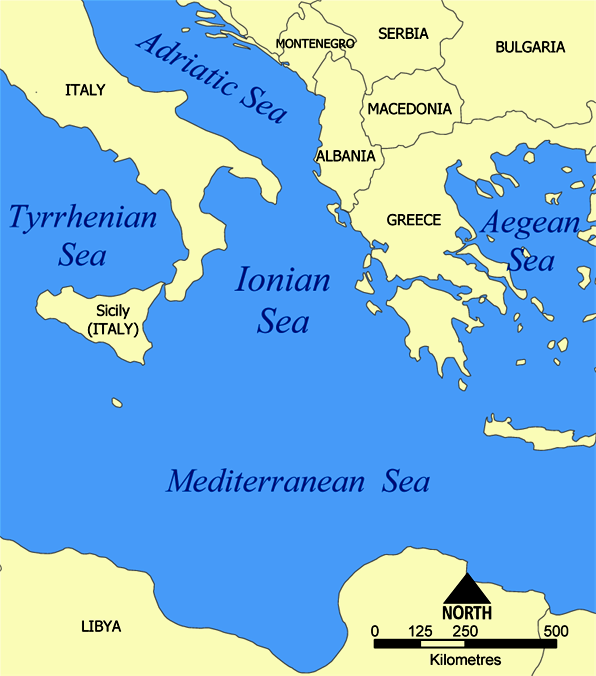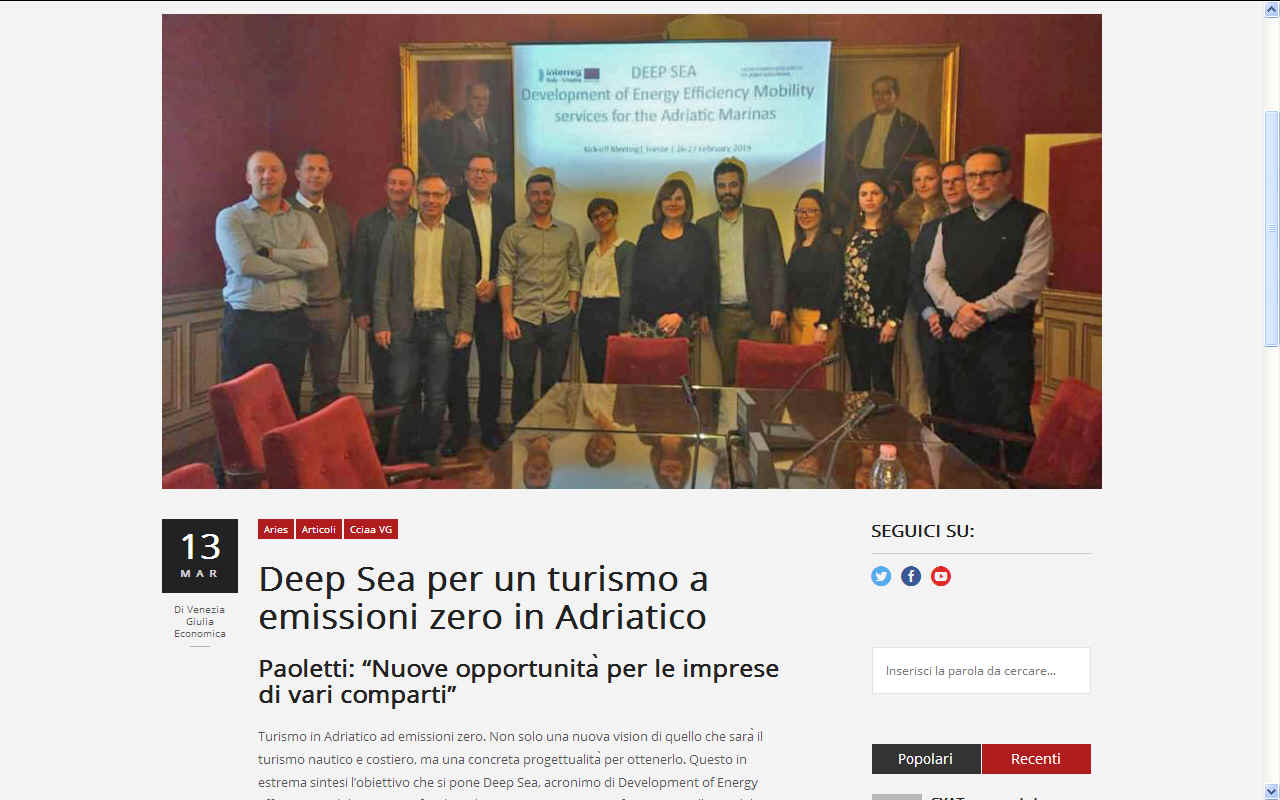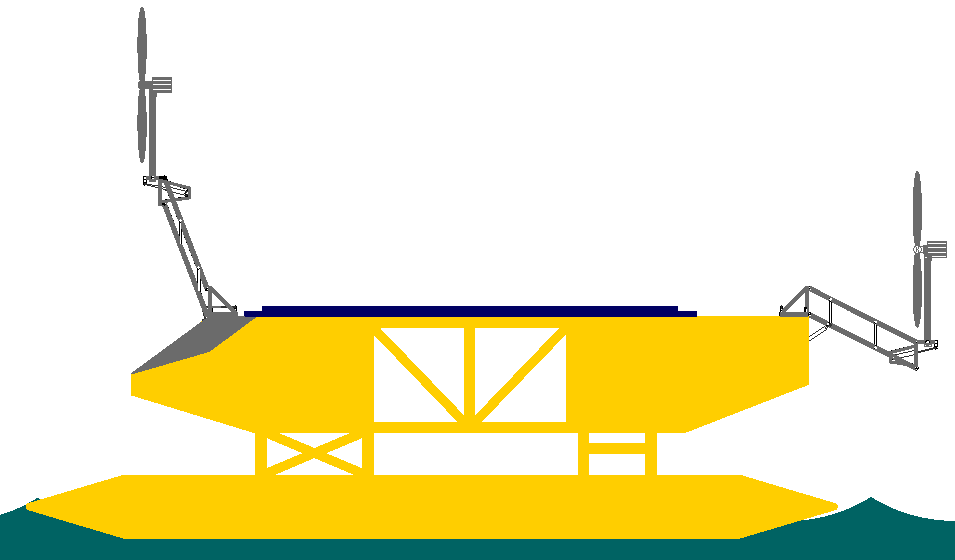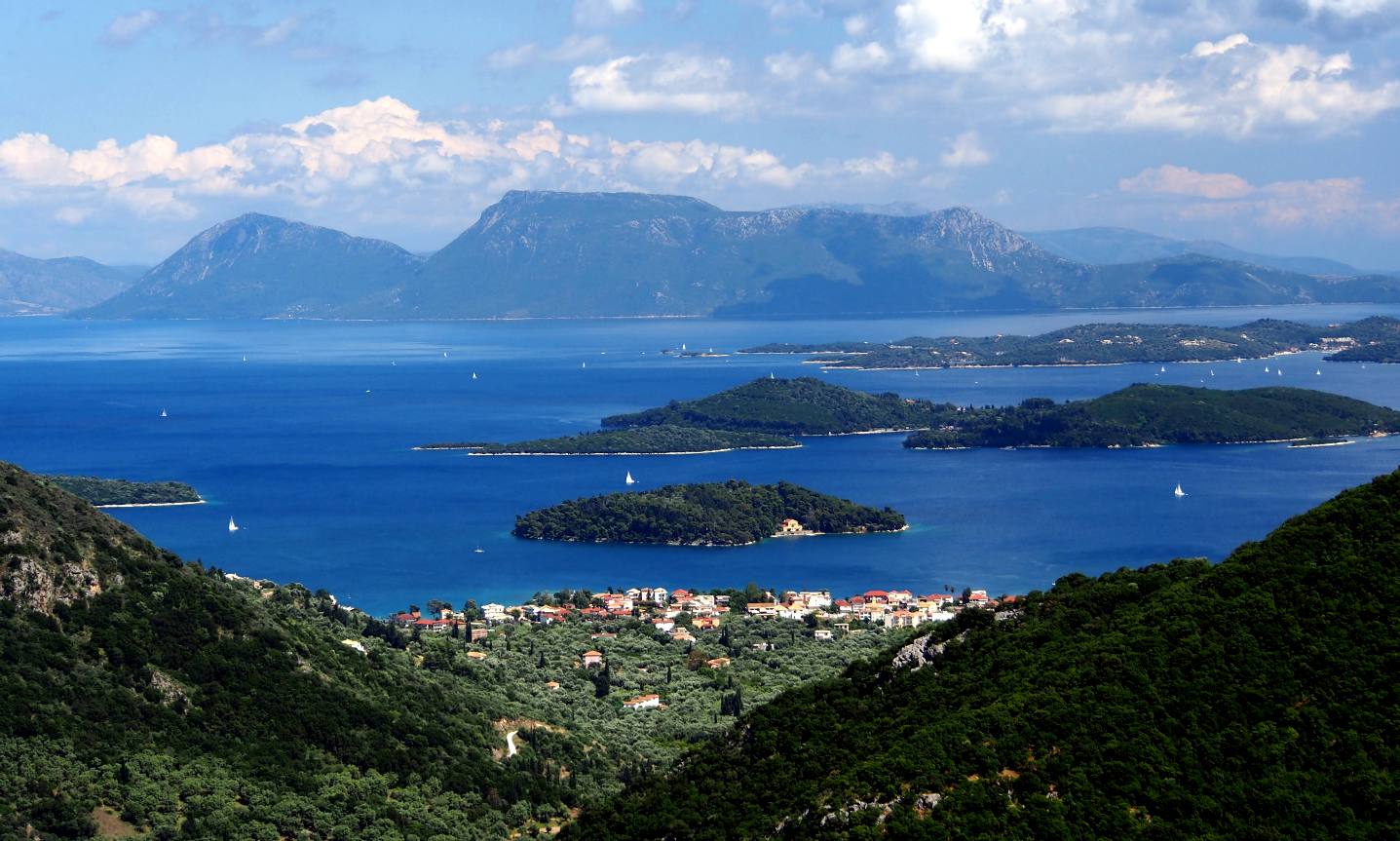|
THE
IONIAN SEA
ABOUT - CLIMATE
CHANGE - COASTAL TOURISM
- CONTACTS -
HOME - OCEAN
PLASTIC - OCEANS
PLEASE
USE OUR A-Z INDEX
TO NAVIGATE THIS SITE

MAP
- The Ionian sea connects with
the Adriatic to the north and Mediterranean to the south.
The Ionian Sea is an elongated bay of the Mediterranean Sea. It is connected to the Adriatic Sea to the north, and is bounded by Southern Italy, including Calabria, Sicily, and the Salento peninsula to the west, southern Albania to the north, and the west coast of Greece, including the peninsula of The Peleponnese.
All major islands in the sea, which are located in the east of the sea, belong to Greece. They are collectively named the Ionian Islands, the main ones being Corfu, Kefalonia, Zakynthos, Lefkada, and Ithaca. There are ferry routes between Patras and Igoumenitsa, Greece, and Brindisi and Ancona, Italy, that cross the east and north of the Ionian Sea, and from Piraeus westward. Calypso Deep, the deepest point in the Mediterranean at 5,267 m (17,280 ft), is located in the Ionian Sea, at 36°34′N 21°8′E. The sea is one of the most seismically active areas in the world.
SUSTAINABLE
COASTAL
TOURISM
Coastal Tourism is based on a unique resource combination at the border of land and sea environments: sun,
water, beaches, outstanding scenic views, rich biological diversity (birds,
whales, corals etc),
sea food and good transportation infrastructure. Based on these resources, various profitable services have been developed in many coastal destinations such as well maintained beaches, diving, boat-trips, bird watching tours, restaurants or medical facilities.
In the middle of the 20th century coastal tourism in Europe turned into mass tourism and became affordable for nearly everyone. Today, 65% of the
European holiday makers prefer the coast (E.C., 2011). The coastal tourism sector in Europe is getting increasingly competitive, with tourists expecting more quality for the lowest possible price. Today’s tourists expect more than sun, sea and sand, as was the case two decades ago. They demand a wide variety of associated leisure activities and experiences including sports, cuisine, culture and natural attractions. At the same time, local people in traditional tourist destinations are increasingly anxious to preserve their own identity, their environment and their natural, historic and cultural heritage from negative impacts.

DEEP
SEA MARCH 2019 - Turismo in Adriatico ad emissioni zero. Non solo una nuova vision di quello che sarà il turismo nautico e
costiero, ma una concreta progettualità per ottenerlo. Questo in estrema sintesi l’obiettivo che si pone Deep Sea, acronimo di Development of Energy Efficiency mobility services for the Adriatic marinas, progetto finanziato nell’asse del Trasporto marittimo del Programma Interreg
Italia-Croazia e che ha preso avvio questa mattina a Trieste in Camera di Commercio Venezia Giulia con l’incontro operativo dei partner. Complessivamente il valore del progetto è pari a 2,5 milioni di euro
(durata gennaio 2019- 30 giugno 2021) e vede come leader partner Aries Scarl-Camera di Commercio Venezia
Giulia.
Mobilità elettrica abbinata a produzione di energie rinnovabili in modo da sviluppare una nautica sostenibile senza
emissioni, rumori, vibrazioni dove l’energia elettrica viene prodotta direttamente nelle Marine e utilizzata dalle
barche, per la mobilità dei turisti che raggiungono le banchine o le aree
attigue. Questi alcuni dei punti progettuali nel cui raggiungimento sono coinvolti Aries Camera di Commercio Venezia
Giulia, Università degli Studi di Trieste, Camera di Commercio di Foggia, Regione
Puglia, Comune di Andria per la parte italiana, mentre per la Croazia l’Autorità portuale di
Krk-Veglia, il Comune di Malinska Dubašnica, Rera-Agenzia per lo sviluppo della Regione
Spalato-Dalmatina, le Università di Rijeka-Fiume e Split-Spalato e il marina
H.L. Dvorac.
L’obiettivo è quello di dar vita sì a un turismo a basso impatto
ambientale, ma soprattutto a trasformarlo nel ‘brand di qualità e sostenibilità’ capace di contraddistinguere il mare l’Adriatico come un punto di riferimento e un esempio pilota in ambito non solo
europeo.
Dalla Puglia al Friuli Venezia Giulia, alle coste della Croazia: i partner progettuali hanno iniziato a lavorare assieme proprio per creare e promuovere un modello di mobilità sostenibile applicata alla nautica e al turismo costiero in
generale. Ovvero a quelle attività che si trovano a utilizzare energie rinnovabili e non più motori a scoppio
(endotermici). Propulsione elettrica coerente con un turismo verde e
sostenibile, rispettoso di parchi marini e terrestri in sintonia con lo sviluppo organico del
territorio.
“In questo percorso – ha commentato il presidente camerale Antonio Paoletti – verso l’ottenimento della qualità
turistico/ambientale ad emissioni zero potranno trovare nuove opportunità di investimento anche gli imprenditori nautici e della
cantieristica, gestori delle marine, albergatori e operatori del terziario più in generale che coglieranno le s de
produttive, le autorità politiche e istituzionali che andranno ad innovare l’aspetto normativo in funzione sempre più green, nonché i cittadini e le comunità che in questi territori vivono e lavorano e che in questo modo troveranno nuove e ulteriori opportunità
occupazionali. Va infatti sottolineato che un ruolo di particolare rilevanza lo avrà anche la mobilità verso l’interno, quella che abbinata all’attività nautico-costiera consentirà la visita delle città d’arte, dei siti archeologici e delle bellezze naturalistiche dei territori che si affacciano sull’Adriatico”.
PLASTIC PROBLEM
The accumulation of plastic on the beaches and in the marinas
of the countries bordering the Mediterranean
is a growing problem for tourism and tourists visiting these
otherwise amazing holiday destinations. Plastic pollution
potentially damages the economies of those affected as well as
poisoning the fish
that humans
eat.

-
H2020
-
Collaborative research proposal to develop rotary
sails in conjunction with other innovative advances as
a means to provide sustainable tourism and eventually,
world shipping with major disruption to ports and
harbours. Such development could benefit operators of ferry
and cruise services in Europe,
who might be looking for a way of continuing to enjoy economic
blue growth without adding to global
warming.

LINKS
& REFERENCE
https://
ABS
- ACID
OCEANS - BIOMAGNIFICATION
- BP DEEPWATER - CANCER
- CARRIER BAGS
- CLOTHING - COTTON BUDS - DDT
FISHING
NETS
-
FUKUSHIMA - MARINE LITTER
- MICROBEADS
- MICRO
PLASTICS - NYLON - OCEAN GYRES
- OCEAN WASTE
PACKAGING - PCBS
-
PET - PLASTIC
- PLASTICS
- POLYCARBONATE
- POLYSTYRENE
- POLYPROPYLENE - POLYTHENE - POPS
PVC - SHOES
- SINGLE USE
- STRAWS - WATER
AEGEAN
- ACIDIFICATION
- ADRIATIC
- AMBRACIAN
GULF
- ARCTIC
- ATLANTIC
- BALTIC
- BAY
BENGAL - BAY
BISCAY - BERING
- BLACK
- CARIBBEAN
- CASPIAN
- CORAL
- EAST
CHINA SEA
ENGLISH
CH - GOC
- GUANABARA
- GULF
GUINEA - GULF
MEXICO - INDIAN
-
IRC - IONIAN - IRISH
- MEDITERRANEAN
- NORTH
SEA - PACIFIC
- PERSIAN
GULF - SEA
JAPAN
STH
CHINA - PLASTIC
- PLANKTON
- PLASTIC
OCEANS - RED
- SARGASSO
- SEA
LEVEL RISE - SOUTHERN - TYRRHENIAN
- UNCLOS
- UNEP
- WOC
- WWF
GANGES
- NILE
This
website is provided on a free basis as a public information
service. copyright © Cleaner
Oceans Foundation Ltd (COFL) (Company No: 4674774)
2025. Solar
Studios, BN271RF, United Kingdom.
COFL
is a charity without share capital. The names Amphimax™
RiverVax™
and SeaVax™
are trademarks.
|


